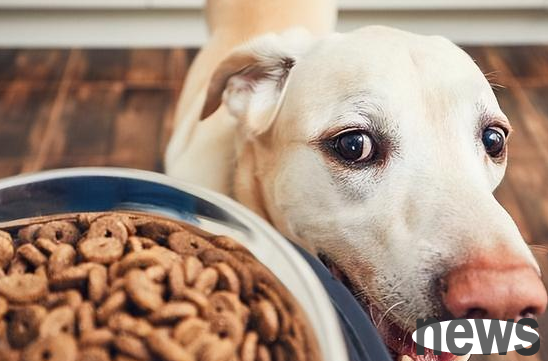What should I do if my dog has a bad stomach?
Due to the high temperature and hot temperature, food begins to deteriorate, but owners are prone to ignore this problem, which is the main cause of gastroenteritis in dogs. In addition, due to too hot in summer, dogs may suffer from decreased appetite, anorexia, and picky eating problems, which lead to gastrointestinal diseases such as indigestion in dogs.

1. Gastroenteritis in dogs
Primary gastroenteritis in dogs is mainly caused by improper feeding, uneven hunger and fullness, eating spoiled or difficult-to-digest foods, and taking highly irritating drugs by mistake. This lesion is more common in dogs with bulimia, bones and meat.
2. Secondary gastroenteritis refers to gastroenteritis caused by certain infectious diseases (such as canine distemper, coronavirus disease, canine parvovirus) and parasitic diseases (such as hookworm disease, coccidiosis, whipworm disease, saberosis, toxoplasmosis, etc.).

When dogs suffer from gastroenteritis, they mainly manifest as: In the early stage, dogs often lie on the cool ground on the ground or use their elbow and sternum to play a "praying posture", which is depressed, has a decreased appetite, indigestion, accompanied by vomiting, diarrhea or mucus on the feces. In the later stage, the condition worsens, manifested as unstable walking, occasionally expelling foul bloody stools, body temperature rises, even salivation, foam and spasms, and eventually severe dehydration will occur, which will endanger life.




